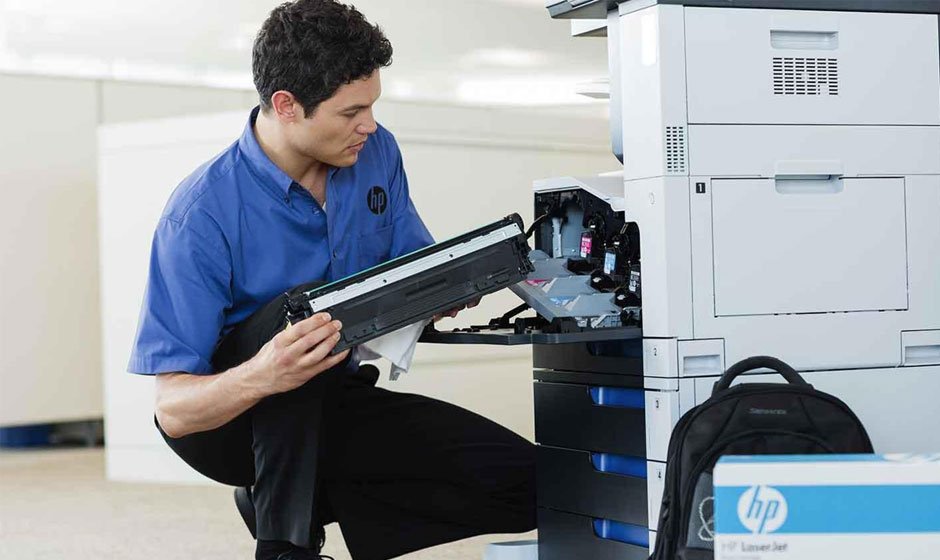Proper maintenance checks are important to maintain the optimal performance and longer usage of your machinery. Whether it is a lawnmower, industrial equipment, or a small engine, pre-start checks are important for avoiding costly repairs, downtime, or safety hazards. This is the main reason it simplifies the process of using the right tools and kits, such as the X25802 Tune Up Kit Model 142, ensuring that the machine is in top condition before putting it to use. These checks include checking key components, looking at possible wear and tear, and making sure all systems function properly. By following a maintenance routine, you can avoid breakdowns and maximise efficiency. This guide outlines the essential steps to prepare your machine before starting it.
1. Check the Oil and Lubrication Levels
Oil plays a critical role in reducing friction and preventing overheating. Before starting, inspect the oil level using a dipstick and ensure it meets the manufacturer’s recommendations. Look for signs of contamination, such as a milky colour or metal particles, as these may indicate internal problems. Change if the oil looks filthy or aged to the recommended grade outlined in the equipment’s user manual, and lubricate moving parts like chains and gears to minimise friction, good lubrication will safeguard your machine parts so you get a longer life and unnecessary repair or malfunction.
2. Inspect Filters and Airflow Systems
A clean filter ensures a machine’s engine performs at maximum efficiency and can help protect related parts. Before starting, check the air, fuel, and oil filters for dirt, debris, or blockages that could restrict airflow or fuel supply. Blocked filters are often the cause of overheating, low performance, and high consumption of fuel. Cleaning or replacing them is a simple but effective precaution. Maintenance kits often contain machine replacement filters, which makes the job much easier. Regular checks on filters keep the machine running well and with less strain on vital parts.
3. Check fuel levels and quality
The quality of fuel, as well as the amount of it, manifests an effect on your machine. Always check the level of the fuel before usage to ensure that it can power through the work. Old and impure fuel, especially for a machine using petrol, tends to cause clogs in the carburettor and may stall on starting. Drain old fuel, then fill with fresh, clean fuel if needed. Add a fuel stabiliser and maintain quality in times of inactivity. This is crucial for long-term storage. Proper fuel management reduces the opportunity for damage to the engine and maintains guaranteed operation at times of critical need.
4. Check Belts, Hoses, and Connections
Belts and hoses ensure the right power flow and fluid circulation in machines. One must check for cracks, fraying, or any wear and tear on the belts and replace such damaged ones to avoid failure while operating. Fluid leaks, bulges, or weak spots on hoses may make fluid circulation impossible; hence, they must be checked. All electrical connections must be checked for security; the wires should be undamaged and free from corrosion. Anything that is broken or loose could lead to unexpected shutdown or downtime. Routine checks on such parts ensure that the equipment is reliable and extends its service life because minor problems are nipped in the bud before they become serious.
5. Test Safety Elements and Controls
Safety elements are designed to eliminate accidents that can arise during the use of the machinery. Safety elements include emergency stop buttons, guards, and interlock systems to be sure they work. Test control panels for damage, such as worn buttons or loose connections. If any damage is discovered, failing safety mechanisms do pose a direct threat to those who operate the equipment and also to people around them; hence, it needs urgent repair or replacement. Routine testing ensures compliance with safety requirements in addition to making the work environment safer and more effective. Ensuring safety inspections of the equipment safeguards both the equipment and the individuals operating it.
Conclusion
Regular maintenance checks before starting your machine are important for being safe, improving performance, and avoiding expensive breakdowns. Checking oil levels, filters, and other security features can be easily done for these checks. It is more convenient and much easier to do it properly by using the right tools, such as the X25802 Tune-Up Kit. By making pre-start inspections a routine, you can extend the lifespan of the equipment, minimise its downtime, and use the equipment at its full potential each time.










